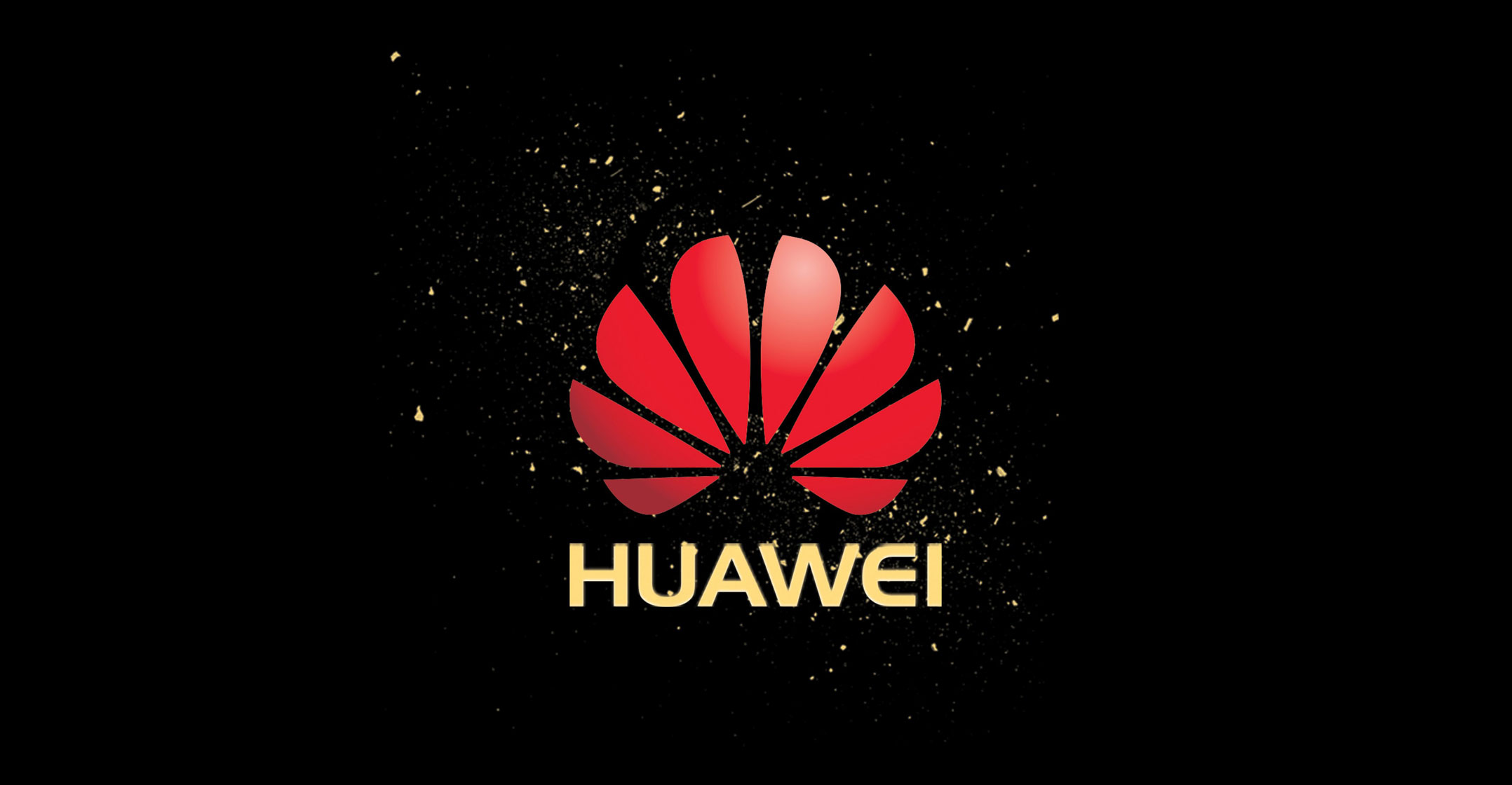
As technology becomes the basis of our lives, the approach to equipping ourselves for the future must continually evolve.
Technology careers can no longer just be about gaining a technical competence, and remaining confined to the IT field, or to the coding community. ICT is the mainstream, and therefore ICT talent must look to gain broader capabilities to support their technical competencies.
ICT is now an economic growth engine, which can narrow the digital divide, and support national economies as the Covid-19 recovery begins. For it to do so optimally, ICT must not just be a platform, it must be an integral part of entrepreneurial thinking.
In preparing for this new reality, there are certain skills and types of awareness that will serve young people well in the future.
Creativity
As more and more technical tasks become automated, our contribution to our organisations must come from that most human characteristic: our ideas. This is not to say we do not need technical and information skills – we do. But given a good understanding of ICT and its possibilities, the most successful young people will be those with original ideas.
The World Economic Forum’s Future of Jobs Report predicts that creativity, innovation and ideation will be fundamental skills for the workforce of the future.
Like society itself, our individual success can come from creativity built upon a platform of technical knowledge.
Analytical ability
As technology becomes mainstream, thanks to the onset of the fourth Industrial Revolution, every second piece of equipment we use will be generating data. This “Internet of things” reality will see us swimming in oceans of data. To ensure we not only stay afloat but surge ahead, we need to be able to interpret this data.
It is therefore useful for young people to develop their data analytics abilities alongside their acquisition of specialist skills like networks or switching knowledge.
 Strategic awareness
Strategic awareness
Technology can enable almost any business strategy. The question is, what do we want that strategy to be?
Knowing the bigger picture will become increasingly important for ICT professionals. It is no longer good enough for a tech professional to just keep their head down and keep coding, for instance. He or she needs to know where their coding activities fit into the organisational and the global context.
For this reason, business strategy would be an invaluable skill for students to cultivate alongside their technical abilities.
Integrated entrepreneurialism
The contemporary and future business environment will be a fusion of various technologies and cultural phenomenon that are only now coming to fruition. This integration is exemplified by concepts like SMAC, the idea of a business software that combines Social, Mobile, Analytical and Cloud models.
This need not just be about software but about business skills per se. At present it is rare for someone to specialise in such diverse areas. But anyone who enters the entrepreneurial space with a full range of these skills will have a huge advantage.
Cross-cultural competence
In an integrated global economy, our colleagues are now more likely to be people from other countries. It therefore becomes more useful to speak each other’s languages, and where this is not possible, to have some understanding of other cultures. For example, an initiative such as Huawei’s Seeds For The Future Programme seeks to build cultural understanding as well as technical skills.
Participants get to experience technology, as well as culture in China, which equips them perfectly for a future where our cultures will be more integrated than ever.
This year the course takes place online from 24 August, benefitting 50 outstanding ICT students from several South African universities. In South Africa, the course is run in partnership with the department of communications & digital technologies, a partnership that’s been in existence since 2016.
If we are going to use technology to bring ourselves together, we also need to understand one another. In the future, it will be an advantage to understand more people, more fully. Anyone who does, and can cater to more people’s needs, will be more likely to succeed.
- The author, Vanashree Govender, is media and communications manager at Huawei South Africa
About Huawei
Huawei is a leading global provider of ICT infrastructure and smart devices. With integrated solutions across four key domains – telecommunications networks, IT, smart devices and cloud services – we are committed to bringing digital to every person, home and organisation for a fully connected, intelligent world.
Huawei’s end-to-end portfolio of products, solutions and services are both competitive and secure. Through open collaboration with ecosystem partners, we create lasting value for our customers, working to empower people, enrich home life and inspire innovation in organisations of all shapes and sizes.
At Huawei, innovation focuses on customer needs. We invest heavily in basic research, concentrating on technological breakthroughs that drive the world forward. We have more than 180 000 employees, and we operate in more than 170 countries and regions. Founded in 1987, Huawei is a private company fully owned by its employees.
For more information, please visit Huawei online at www.huawei.com or follow us on Twitter, Facebook, LinkedIn, Google or YouTube.
- This promoted content was paid for by the party concerned




